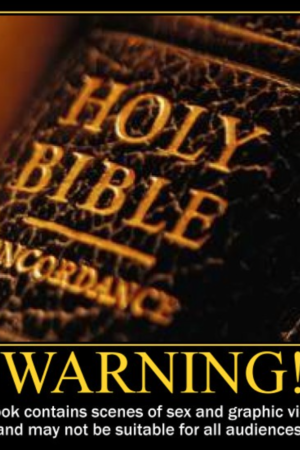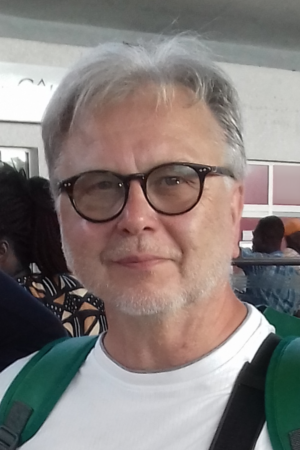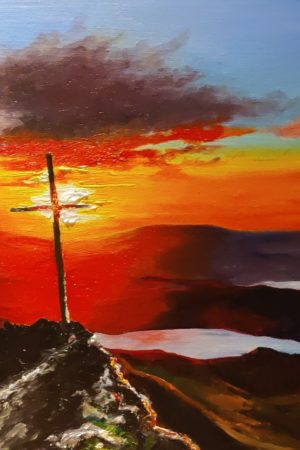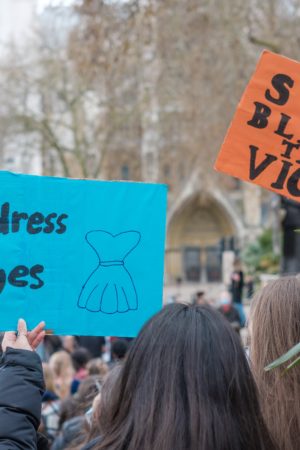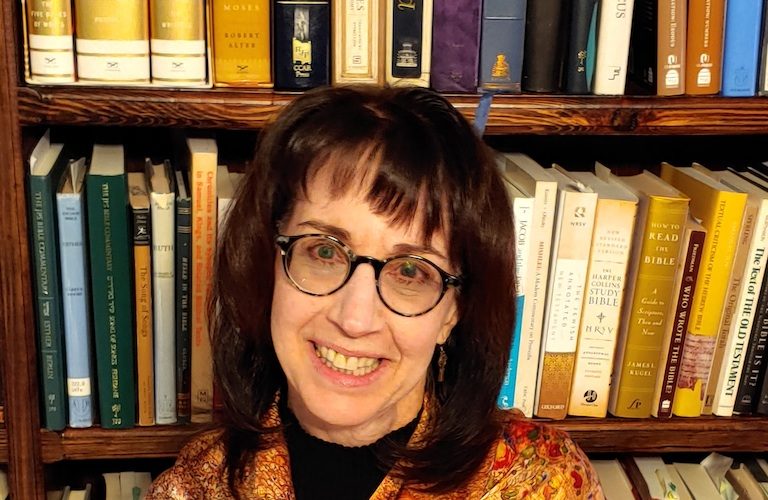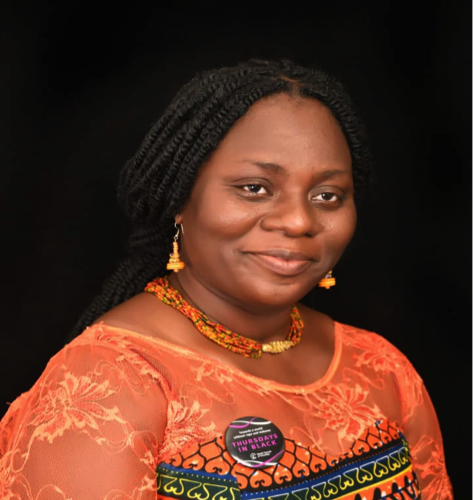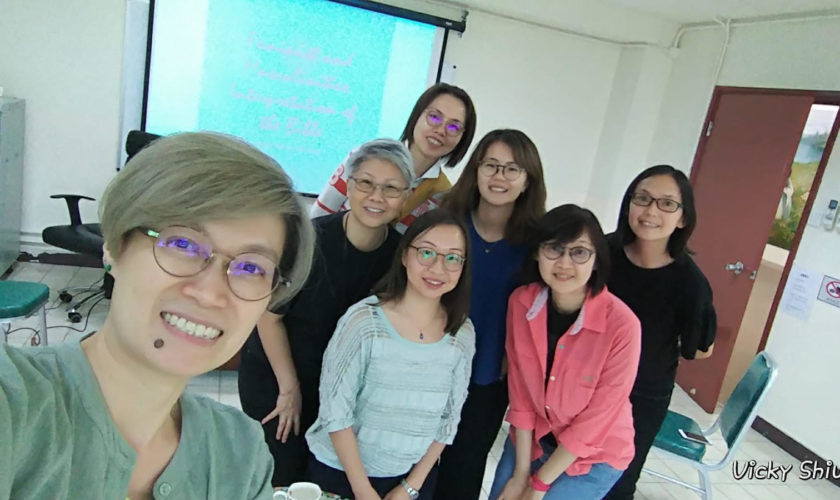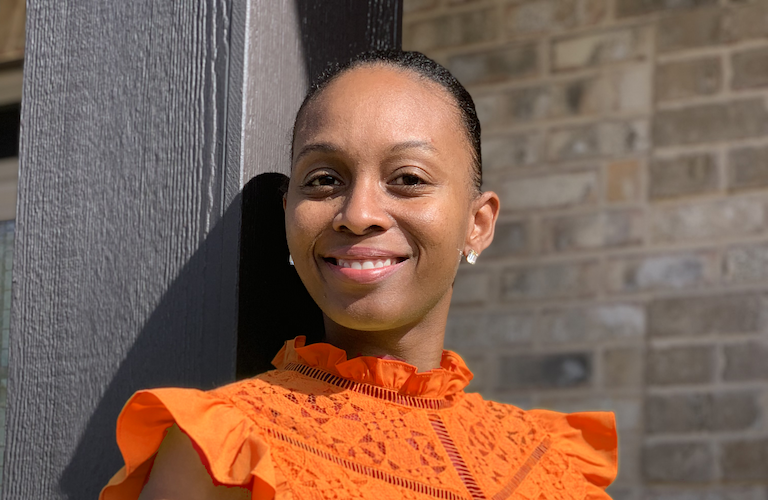I teach full-time in the Department of Religious Studies at the University of North Carolina Charlotte and serve as the Program Director for our department’s graduate program. I am also an ordained rabbi and teach for ALEPH – Alliance for Jewish Renewal.
In both settings, I teach a range of courses focused on gender, power, class, and race. These fall, broadly, into two categories. As a historian of Jewish history, I teach the history of European antisemitism and the marketing of the Holocaust. As a biblical scholar, I teach a wide range of courses that focus on gender, power, and violence in the Hebrew Bible. I am currently writing a full-length monograph entitled Male Friendship, Homosociality and Women in the Hebrew Bible. I am also working on a volume for the Routledge series “Rape Culture, Religion and the Bible” entitled Rape in the House of David: A Company of Men.
Writing about causes I support has been a significant part of my activism in public realms, too. For some twenty years I wrote for a regional section of The Charlotte Observer as well as for the Observer’s Viewpoint page as a community editorial columnist. Here, I was able to address a range of issues, from domestic violence and sexual assault to antisemitism and racism. Likewise, my blog, Adrenalinedrash, includes writing on sexual violence, racism, and antisemitism from a rabbinic perspective.
From my earliest days at UNC Charlotte, when I created the first women’s group for addressing eating disorders, to my campus involvement today in our annual Sex Week, addressing the very real concerns of my students has been one of my primary goals. One in every four of my female students will be the victim of sexual assault during their undergraduate careers. While teachers of Religious Studies regularly engage with class, gender, race, sexuality, and ability, classroom conversations are often detached from the rape culture that surrounds them. But the rape culture of the Hebrew Bible is familiar to my students for a reason; like today’s rape cultures, it relies on a web of male friendships, alliances, and social relationships that are essential to its preservation. In the classroom we can analyze how hegemonic masculinity that supports rape culture works both in ancient texts and in contemporary settings. And we can talk about what must be done to change the statistics and make college campuses safe for women.
Though I am involved with efforts to combat racism and gun violence as a speaker and rabbi, much of my activism has centered on working with local church and civic groups. For almost two decades, I have regularly addressed sexual violence and hegemonic masculinity in the Hebrew Bible in a wide range of denominational settings. Because biblical authors present sexual violence against women as permissible, we need to interrogate the texts we hold sacred.
I participate in marches and rallies and speak for a host of causes I support – from protecting voting rights to winning citizenship for undocumented immigrants to saving our broken planet. And I have found that my greatest impact takes place in classroom, faith, and community education. There, I can develop relationships, open doors, unpack a conversation, and empower those I am working with – from the eighteen-year-old college students to eighty-year-old grandmothers. We are all needed in the struggle against rape culture.
Between now and the 16 days I will be helping students at UNCC with the organization of this year’s Sex Week (sexual violence is a key topic), writing a piece for my blog on the male alliances that support rape culture in both the Hebrew Bible and our own time, and working with a full class of students who are writing their final papers – almost all of which center on sexual violence in Hebrew Bible. Teaching in two different academic settings, spending many Sunday mornings with faith groups, and writing offer me opportunities to address and confront the rape cultures we must combat and eradicate. And in our time.

